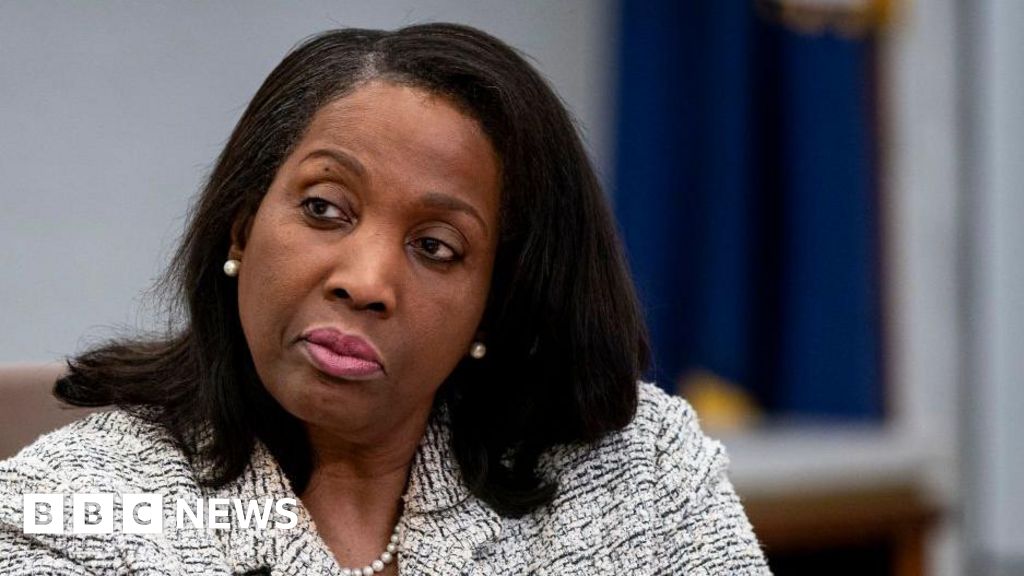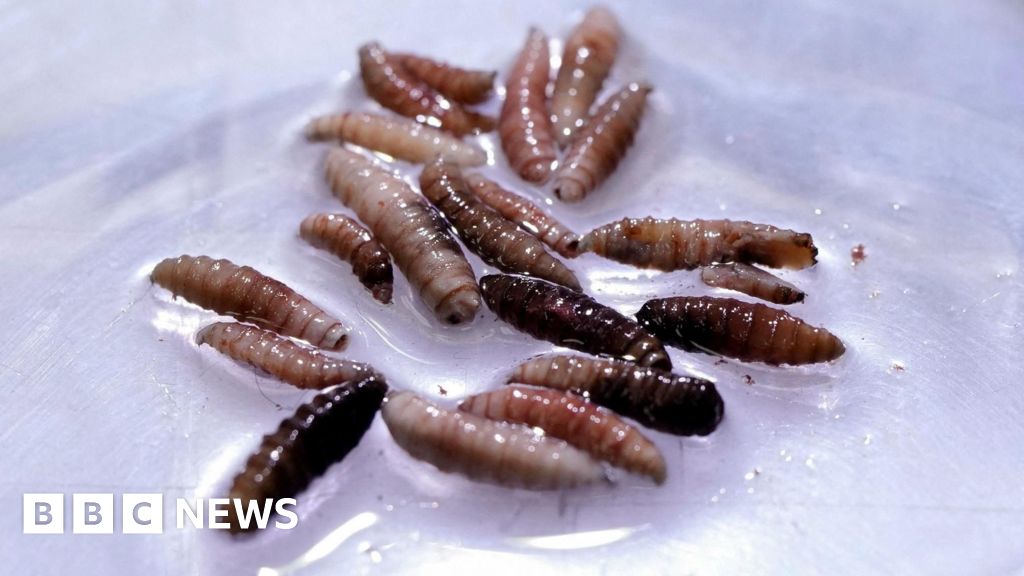In fiery Senate testimony this week, US Health Secretary Robert Kennedy Jr once again set his sights on the nation's top public health agency, the Centers for Disease Control and Prevention (CDC).
His appearance came days after he suddenly fired the new CDC director, Susan Monarez, provoking a group of senior staffers to resign in protest.
At the hearing, when asked for an explanation, Kennedy claimed he had asked Ms Monarez if she was a trustworthy person and she had replied no, to some disbelief from his opponents in the room.
He then admitted he had once described the CDC as the most corrupt agency in government, and strongly hinted he’s not finished with his plans to shake up the organisation.
Kennedy's words have sparked a furious backlash, with many doctors and scientists increasingly concerned that America's public health systems are being dangerously compromised.
It's a conflict that could have a significant impact not just on health policy in the US but across the world. In the past, the CDC has been instrumental in global health, leading the response to crises from famine, to HIV, to Ebola.
Founded in 1946, the CDC tracks emerging infectious diseases like Covid and is also tasked with tackling long-term or chronic conditions such as heart disease and cancer.
It operates more than 200 specialized laboratories and employs 13,000 people, although that number has been cut by around 2,000 since President Donald Trump returned to office.
It does not approve or license vaccines. That responsibility lies with the Food and Drug Administration.
But it does produce official recommendations on who should receive which vaccines through a panel of experts - known as the Advisory Committee on Immunization Practices (ACIP) - and monitors their side effects and other safety concerns.
It was Kennedy's record on vaccines which particularly worried many public health experts when he took office in February.
An activist group he ran for eight years, Children's Health Defense, repeatedly questioned the safety and efficacy of vaccination.
He has described the Covid jab as the most deadly in history and has blamed rising rates of autism on vaccines, an idea that has been categorically debunked by large scientific studies over many years.
The next flashpoint could come later this month.
On 18 September, the CDC's new vaccine advisory panel is due to meet to discuss Covid vaccines and other shots, including for hepatitis B and the RSV virus. The panel's recommendations and the CDC's response will be carefully scrutinized, not just in the US but around the world.
What happens in America is of great importance,” says Anthony Costello, a former director at the World Health Organization (WHO) and a professor of public health at University College London.
Taking a sledgehammer to the CDC and undercutting its programmes has left the US much less prepared for another pandemic, and that really has huge implications globally if another health emergency were to arise.



















